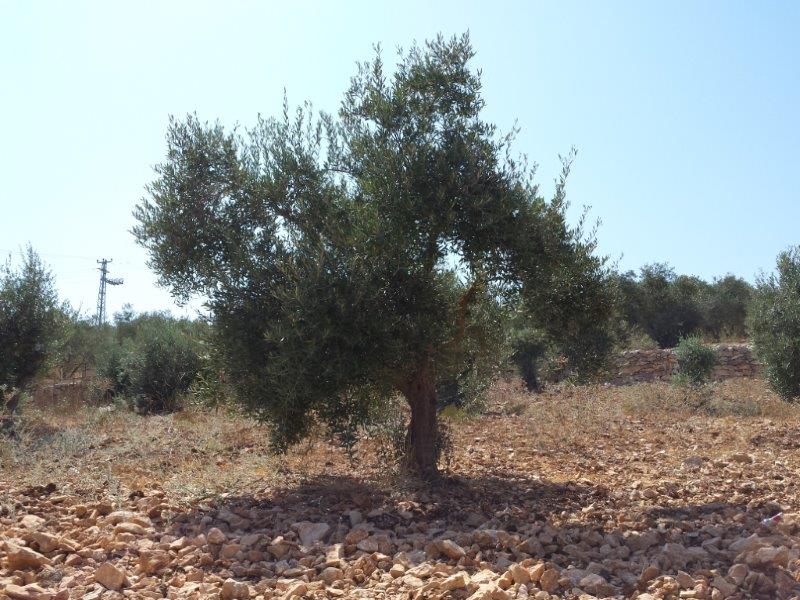
Hofstede (2001) described Israel as a country with a diversity of cultural groups, and suggested that over the years there may have been value changes in this country, that are not necessarily reflected in his findings. He mentioned the value differences within Israel between Jews of Western and those of North African origin and the Arab population, the latter groups being more inclined to collectivism. As regarding the role of women, he related among others to the pressure for dual careers. Traditionally masculine functions are open to Israeli women, but to a greater degree than common in the United States, they are expected to become mothers and take care of the children. He referred to the exceptionally low level of power distance in Israel, which is comparable to those of North European countries. Furthermore, he suggested a link between Israel’s intense national conflict and its high level of uncertainty avoidance combined with a tendency to collectivism. This combination of value dimensions is comparable to that of several other countries in which there is relatively much internal conflict, like in Arabic speaking countries.
Within Israeli society there are several major conflicts. (Shimoni & Schwarzwald, 2003) described the situation as follows:
The conflict between religious and secular Jews, which originated in differing ideological standpoints, has spilled over to include territorial and resource issues. The conflict between the Western and Eastern ethnic groups, which originates in feelings of discrimination, has developed into cultural struggle. The conflict between Jews and Arabs, which originated in territorial struggle, has developed into a comprehensive struggle (p. 549)








